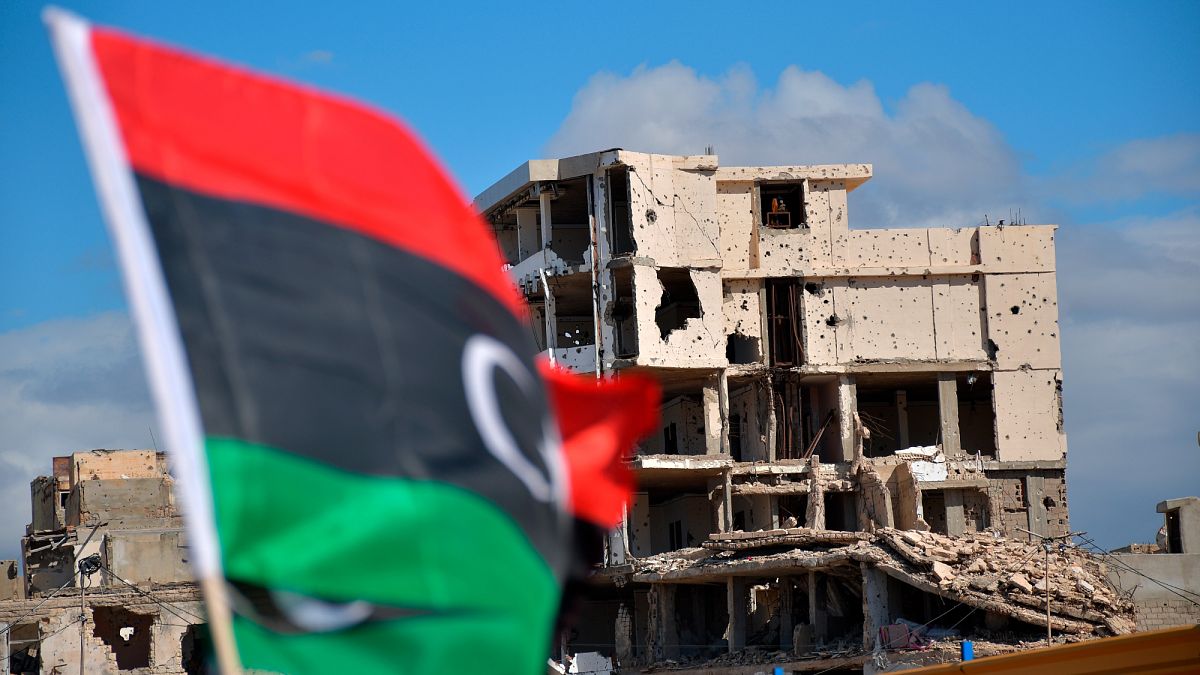

In a world brimming with both challenges and opportunities, today’s diplomatic endeavors and strategic developments paint a picture of nations striving for stability and cooperation amidst change. European and global leaders are navigating complex geopolitical landscapes, marked by a commitment to dialogue and innovation in the face of adversity.
In a recent positive development, the leaders of Armenia and Azerbaijan convened in Abu Dhabi to lay the groundwork for a historic peace agreement. After decades of conflict and tension, the possibility of a peaceful coexistence is closer than ever, with the preliminary accord signaling a new chapter for these nations. This remarkable milestone comes in the backdrop of regional shifts following Russia’s comprehensive military engagement in Ukraine. By taking steps toward reconciliation, Armenia and Azerbaijan have not only inched towards peace but have also introduced a new dynamic in the South Caucasus, gently transitioning away from Russian influence.
Across continents, the European Union is taking strides to address the raw material dependencies critical to its rearmament strategies. Recognizing a hidden vulnerability in its defense initiatives, the EU is proactively seeking sustainable solutions by prioritizing domestic extraction and recycling, alongside diversifying its sources. While implementation poses significant challenges, Brussels’ forward-thinking approach aims to secure a more sustainable and self-sufficient defense infrastructure, reinforcing the region’s strategic autonomy.
Meanwhile, discussions between the United States and Russia reflect the complexities of international negotiations. In his recent dialogues with Russian officials, US Secretary of State Marco Rubio highlighted President Donald Trump’s steadfast commitment to resolving ongoing tensions in Ukraine. Despite expressing disappointment over the limited flexibility on the Russian side, the US remains dedicated to finding a viable path forward in its peace efforts. The ongoing dialogue underscores the intricate balance of patience and persistence required in international diplomacy.
Moreover, the European Union’s decision to dispatch a new delegation to Libya illuminates the delicate threads of international relations. Following the expulsion of a previous diplomatic team, EU leaders are resolute in their mission to address and mitigate irregular migration challenges from Libya to Europe. This strategic decision highlights the EU’s determination to foster dialogue and cooperation, even when faced with diplomatic setbacks.
In this interconnected global arena, these diplomatic efforts and strategic shifts reflect a broader commitment to peace, stability, and sustainable development. As nations navigate the complexities of geopolitical change, the emphasis on dialogue, cooperation, and innovative solutions stands as a testament to the enduring power of diplomacy in shaping a hopeful future.
Source: {link}
